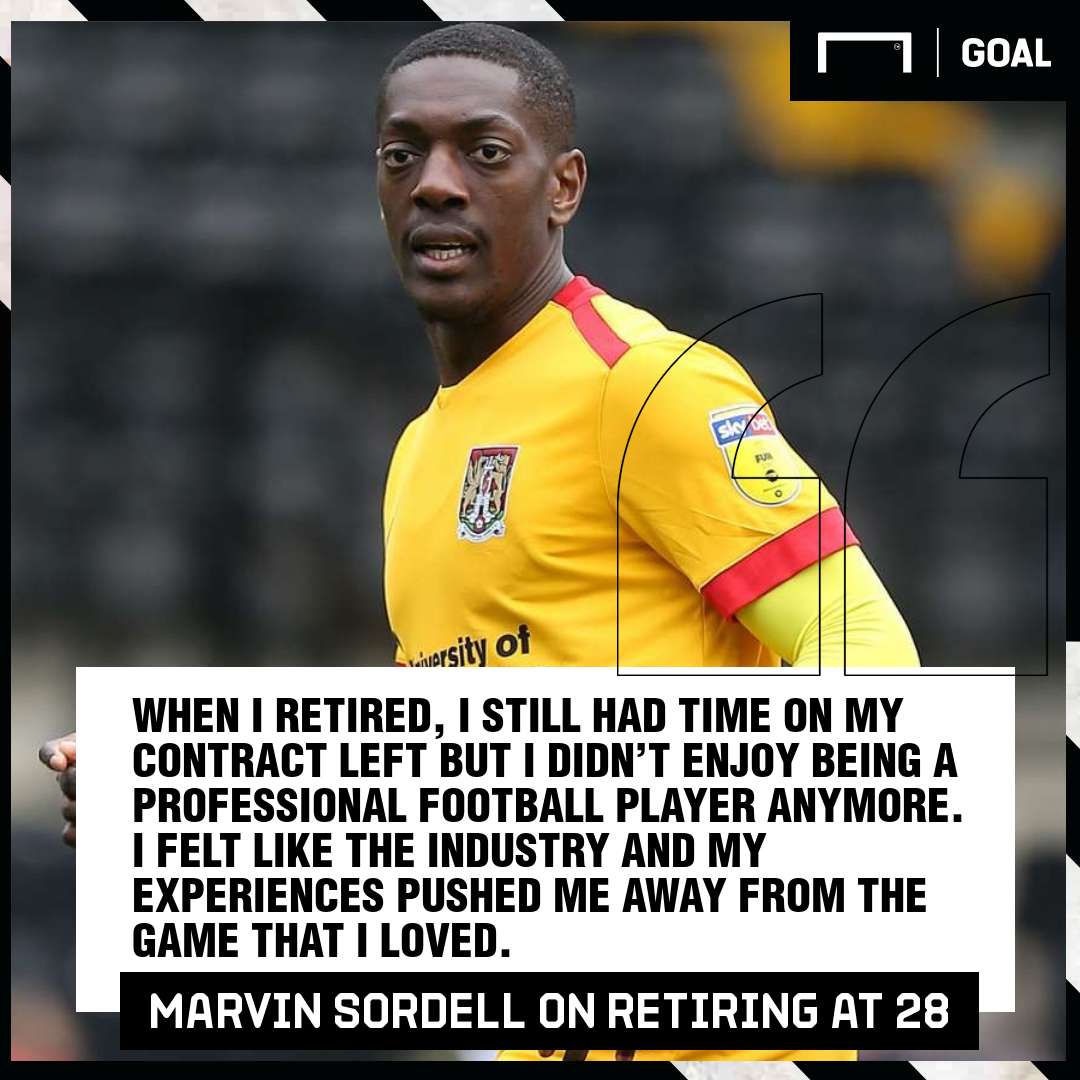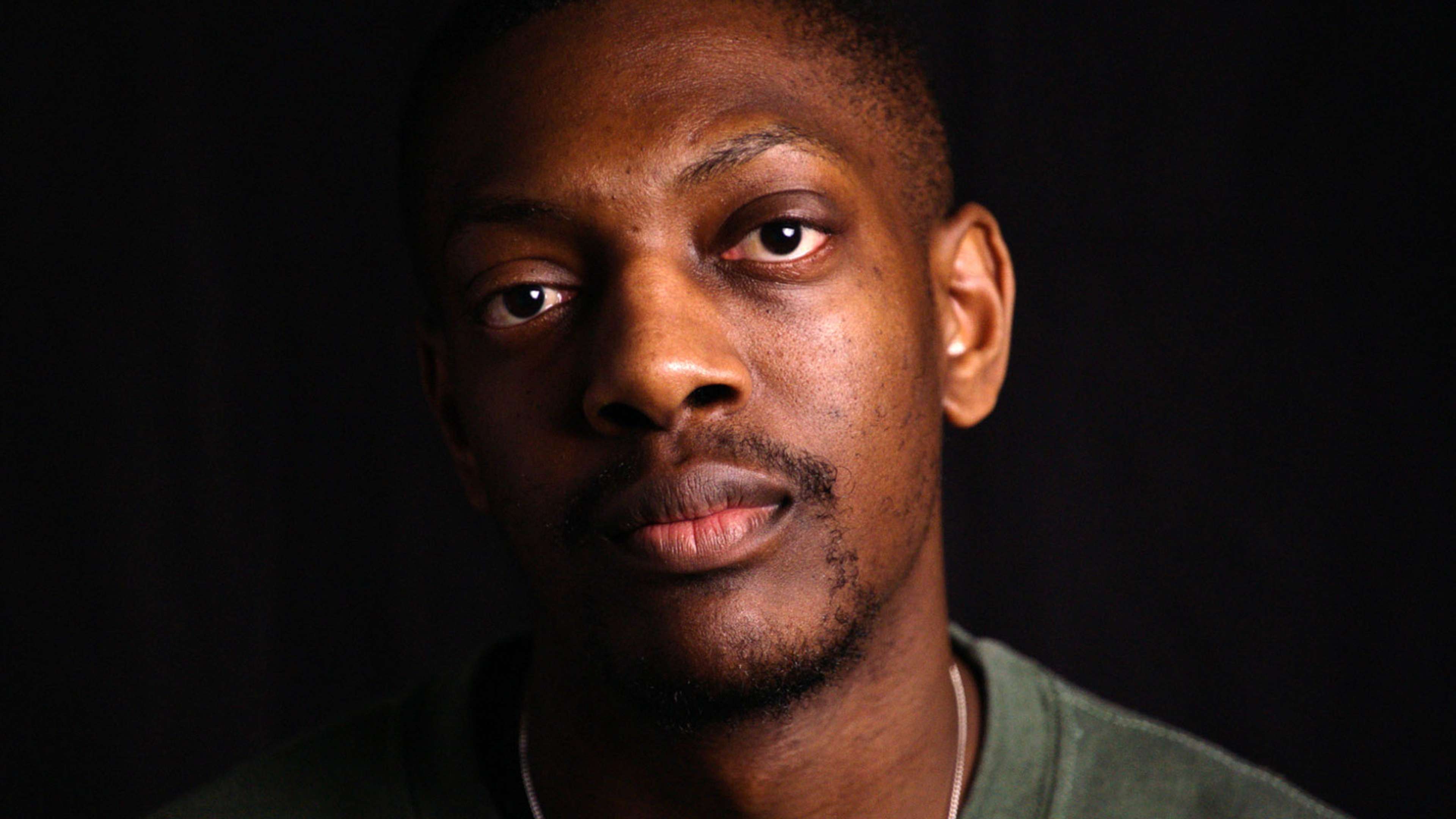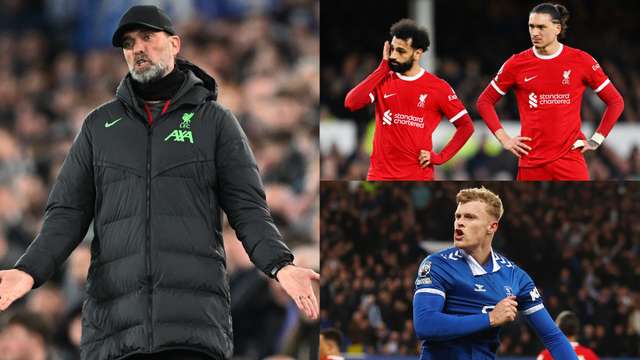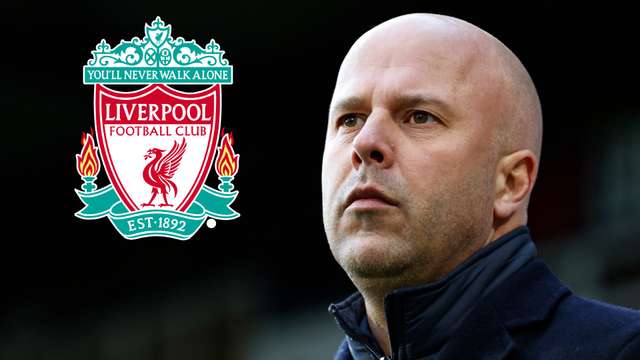From the outside looking in, Marvin Sordell's decision to retire last season at the age of 28 appeared incomprehensible.
He still had another year to run on his Burton Albion deal and he was playing the sport he loved.
However, Sordell realised that football was no longer making him happy, so he decided to hang up his boots in July.
The relief was enormous. For years, Sordell had been struggling with the rigours of professional football.
Worse still, he felt there was nobody he could talk to. At his lowest ebb, in 2013, he attempted suicide.
"I found the industry tough at times because you have so many ups and downs in such a short space of time," Sordell tells Goal. "But, as men do, we bottle it up and continue.
"That’s something I did for years and years until I got to a point where I attempted suicide. There were things that I had never really addressed and it was some time before I did.
"I had always struggled with my mental health in football. I had depression in the earlier stages of my career but I found that some people had extremely archaic views towards it.
"I still think some people have that old-school mentality of 'get on with it' or 'man up'. The places I enjoyed the game the most were Coventry and Watford but beyond those two clubs, it was just my career and job.
"I changed clubs very often and yet still I found myself in a place where I didn’t understand why I wasn’t happy. When I took a step back and looked for the one common denominator, it was football.
"I didn’t enjoy being a professional football player anymore. I felt like the industry and my experiences pushed me away from the game that I loved. It was the industry as a whole that didn’t work for me or make me happy.
"So, I decided to walk away. It wasn’t about money. It wasn’t about football itself either because I still love the game.
"But if I had continued to be a professional footballer, then I wouldn’t have been happy and I might have resented football, which I didn’t want either.
"There are a lot of sacrifices people don’t see that you have to make. You have to put your own sense of worth and values aside at times for what people are telling you to do. You get pushed a lot and it can chip away at you over time.
"You take a lot of knocks and some people in the game can build you back up. But any person who makes it takes a lot of knocks. It isn’t all glitz and glamour; there is a lot more to it."
 Happily, calling time on his professional career has actually rekindled his love affair with football, primarily because retiring has enabled him to pursue other interests.
Happily, calling time on his professional career has actually rekindled his love affair with football, primarily because retiring has enabled him to pursue other interests.
As well as setting up his own video production company, he serves as an ambassador for the mental health charity CALM and has also just taken on a position on the Football Association's Inclusion Advisory board.
The latter role has taken on a greater importance in recent months due to the Covid-19 outbreak, not least because data from the Office of National Statistics suggests that people of colour are almost twice as likely to die from the virus.
Despite this, Troy Deeney has been criticised in some quarters for expressing his concerns about restarting the Premier League while the pandemic is still taking lives.
Sordell believes that the Watford striker should be commended for his honesty and sparking a much-needed debate over the safety protocol.
"Troy is under a lot of pressure to go back," the former Hornets forward says. "There’s no two ways about it. From the media to the clubs to the government – it is clear to see the pressure over coming back.
"With Troy, fair play, he is very honest and he is being attacked for that honesty. He isn’t saying others shouldn’t go back but just giving his own personal perspective and his point of view. That’s something only he can do and he should be respected.
"You need to respect both the people who need to go back and the people who don’t want to play. Both choices should be equally fine and it shouldn’t have to even be public. It is a health issue between a workplace and its employees.
"Of course, because the football industry is under so much pressure at the moment, it doesn’t allow it to happen. You have to respect what people want to do with their lives.
"How clubs handle it is up to them, a lot of people have opinions on whether these people should be paid or not but that’s a conversation for the individual and the player. I don’t think it is for the public to have an opinion on.
"I am happy to see his upward curve and how well he has done. He is a Watford legend and the fact he has been able to be himself, it is not easy to be yourself, in the public eye and the fact he has done that is massive. Credit to him for staying true to who he is."
Sordell has just as much respect for one of his former England Under-21 team-mates, Raheem Sterling, who has played a pivotal role in the fight against racism by highlighting the contrasting coverage BAME (Black, Asian and minority ethnic) footballers receive in relation to their white counterparts in the British press.
"He has rightly stood up for himself when he was getting attacked, attacked and attacked by a lot of the media in the UK," the 29-year-old says. "I think, firstly, it is fair play to him for getting through that because a lot of people would have found it a difficult thing to face.
"A lot of people would have bitten back a lot quicker. He kept quiet, I don’t think I could have done that for so long. So, his resolve in that sense and how he was able to continue playing football and not thinking about what people were saying all the time.
"These things can affect your career and game so the fact he came through that and raised his level is a credit to him and his mentality and how hard he worked at his craft.
"If you are in a position of privilege and you are able to have a voice, then it is important to speak up on issues you are passionate about. You are not always going to have an opportunity to talk about things you are passionate about.
"You are not always going to be able to make a difference. So, I think, if you believe in something, then fight for it."
Sordell is now following his own advice by doing what he can to address the game's problem with depression.
On Thursday night, the BBC will air 'Football, Prince William and our Mental Health', a documentary produced by Sordell's 'One Eighty Productions'.
"I want people to watch it and take comfort in the fact that they are not alone, that a lot of people are also struggling and that this is a common problem," he explains. "I hope that they see that it is fine to talk about these things and that it helps them come to terms with it.
"I think that’s the most important takeaway: it doesn’t matter where you are at in life or where you came from; this is something that can affect anyone.
"The conversation I had with Prince William shows you can be from anywhere and grow up in any circumstances but you still have to deal with your mental health."




